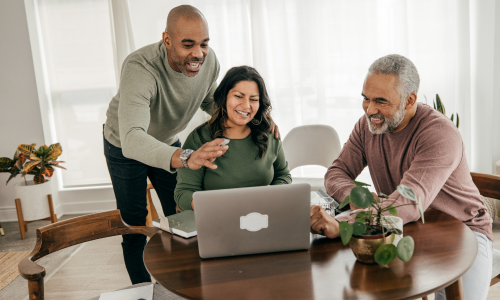
Investing in a holiday home can be an exciting prospect, offering both a personal retreat and potential rental income. However, purchasing a second property comes with several important considerations that you’ll need to understand to make an informed decision. Here’s what you need to know about buying a holiday home in the UK.
- Location is key:
When buying a holiday home, location is one of the most critical factors. Whether you’re looking for a coastal retreat, a countryside getaway, or a property near popular tourist destinations, choosing the right location can significantly impact your property's rental potential and long-term value. Consider areas that are popular with tourists or near natural attractions, as these tend to offer higher demand.
- Financing and mortgages:
Financing a second property can differ from purchasing your primary home. Lenders often require a larger deposit for second homes, typically around 20-30% of the property value. Mortgage rates for holiday homes can also be higher, so it’s important to shop around and get advice on the best options. If you plan to rent the property out, consider a buy-to-let mortgage or explore holiday-let mortgage products.
- Maintenance costs and responsibilities:
Owning a second home comes with ongoing maintenance costs. If you plan to rent out your property, you’ll need to factor in the cost of regular cleaning, repairs, and property management. Ensure you have a reliable service for managing the property if you’re not nearby, as this will help keep the home in good condition and enhance the experience for guests.
- Rental income potential:
Many people buy holiday homes with the intention of renting them out when they’re not in use. Renting your holiday home can provide a steady stream of income, especially during peak seasons. However, it’s important to understand the local rental market, as rental demand can fluctuate based on seasonality and competition from other properties.
- Legal and tax considerations:
Before making the purchase, make sure you understand the legalities surrounding second homes, including any tax implications. For example, rental income is taxable, and capital gains tax may apply if you sell the property for a profit. It’s advisable to consult with a tax professional to understand your obligations.
In conclusion, investing in a holiday home can be a rewarding experience if approached carefully. By considering location, financing, maintenance, rental income potential, and legal factors, you can make a well-informed decision about purchasing a second property.
